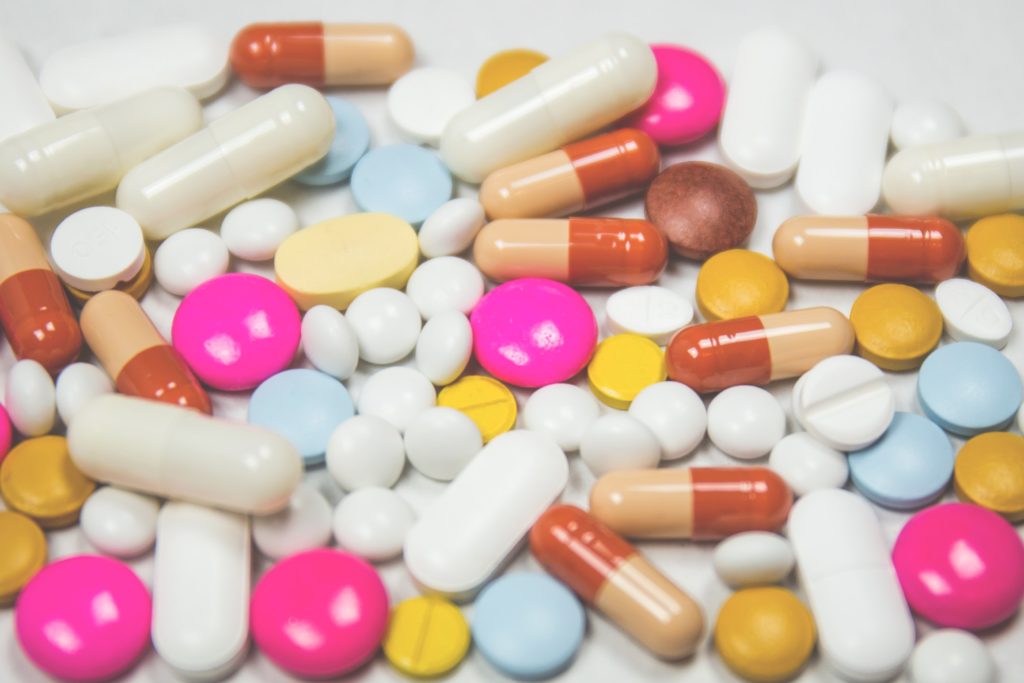Important Drug Prevention Measure of NJ Opioid On Track To Become Law Nationwide

A new report notes:
The United States House of Representatives is expected to consider a New Jersey-originated legislative initiative to help combat the nationwide opioid crisis.
Rep. David Trone (D – Md.) is planning to introduce legislation based on the Patient Notification Act, passed in New Jersey in 2017. It requires that all patients or parents of patients under 18 years of age are informed of the potential for dependency and addiction, by the prescribing doctor, dentist or nurse practitioner, at the time an opioid is prescribed. It also calls for discussion of non-opioid alternatives and that a note of the conversation be made in the patient’s medical record.
“We have an enormous problem that is often not beginning on street corners; it is starting in doctor’s offices and hospitals in every state in our nation,” Trone explained, in a recent editorial addressing the need to introduce this measure nationally.
Andrew Kolodny, MD, medical director of opioid policy research at the Brandeis University Heller School for Social Policy and Management, conducted a study on the impact of the measure since its implementation.
According to Kolodny, the study showed promising results. Prior to the enactment of the law, only 18 percent of participants warned patients about the risk of addiction when prescribing opioids. After the law was passed, 95 percent routinely warned patients about the risk of addiction.
Additional findings include:
- Nearly 5,000 fewer patients in New Jersey were prescribed opioids in the month following the law being enacted
- The number of practitioners in the state who prescribed opioids for acute pain dropped by 1,000
According to the Centers for Disease Control and Prevention, clinicians in some parts of the U.S. still write opioid prescriptions at rates between two and six times the national average and overdoses involving opioids killed nearly 47,000 people in 2018, and 32 percent of those deaths involved prescription opioids.
Partnership for a Drug-Free New Jersey Chairwoman Elaine Pozycki noted that the COVID-19 pandemic also might spur opioid dependence as more opioid prescriptions will be written due to an increase in the number of upcoming elective surgeries, originally postponed due to the pandemic.
“We’re 5 percent of the world’s population, but we consume 80 percent of the world’s prescription opioids,” said Dr. Jonathan Chen, a physician and researcher at Stanford University Medical Center who studies prescribing patterns.



 Spirit at Work
Spirit at Work  In a World Where Technology Can Plan Your Trip, It’s the Human Touch That Saves It
In a World Where Technology Can Plan Your Trip, It’s the Human Touch That Saves It  Acrylic Bathtub Reviews and Buying Guide for Every Home
Acrylic Bathtub Reviews and Buying Guide for Every Home  No Immunity to the High Cost of Caregiving
No Immunity to the High Cost of Caregiving  Break the Pattern Before It Breaks You
Break the Pattern Before It Breaks You  True or False: I Have To Eat a Lot Because I Have a High Metabolism
True or False: I Have To Eat a Lot Because I Have a High Metabolism